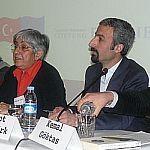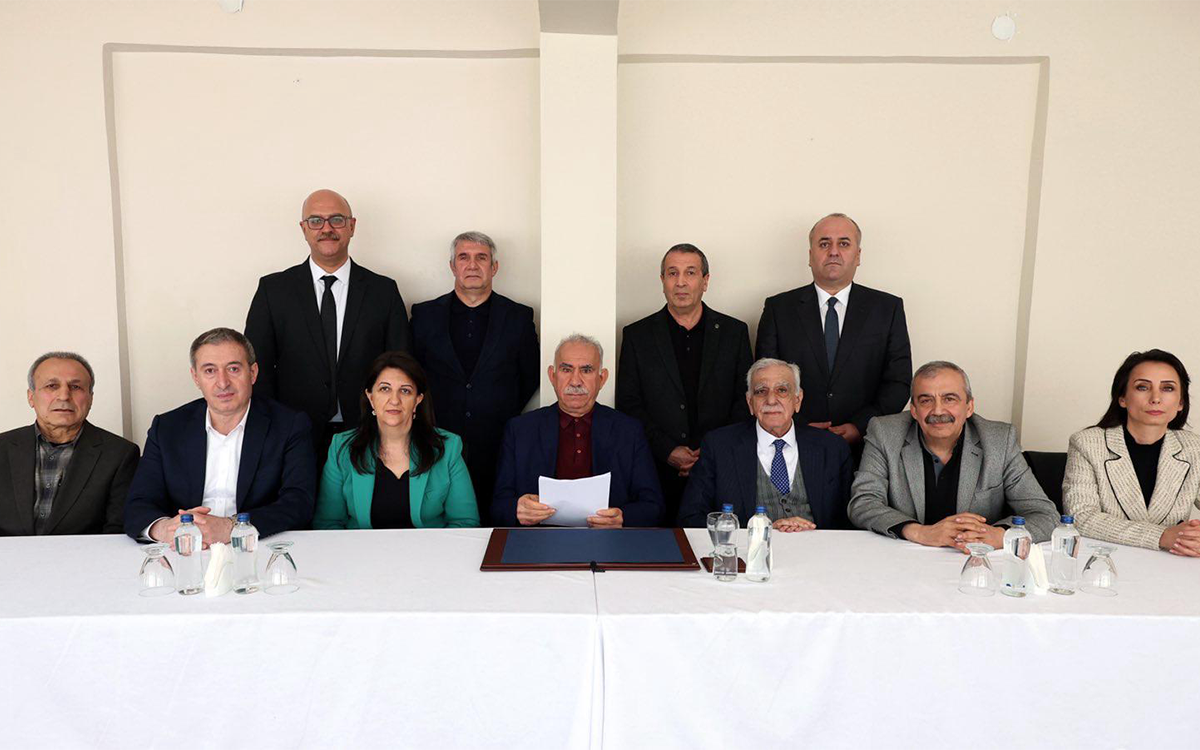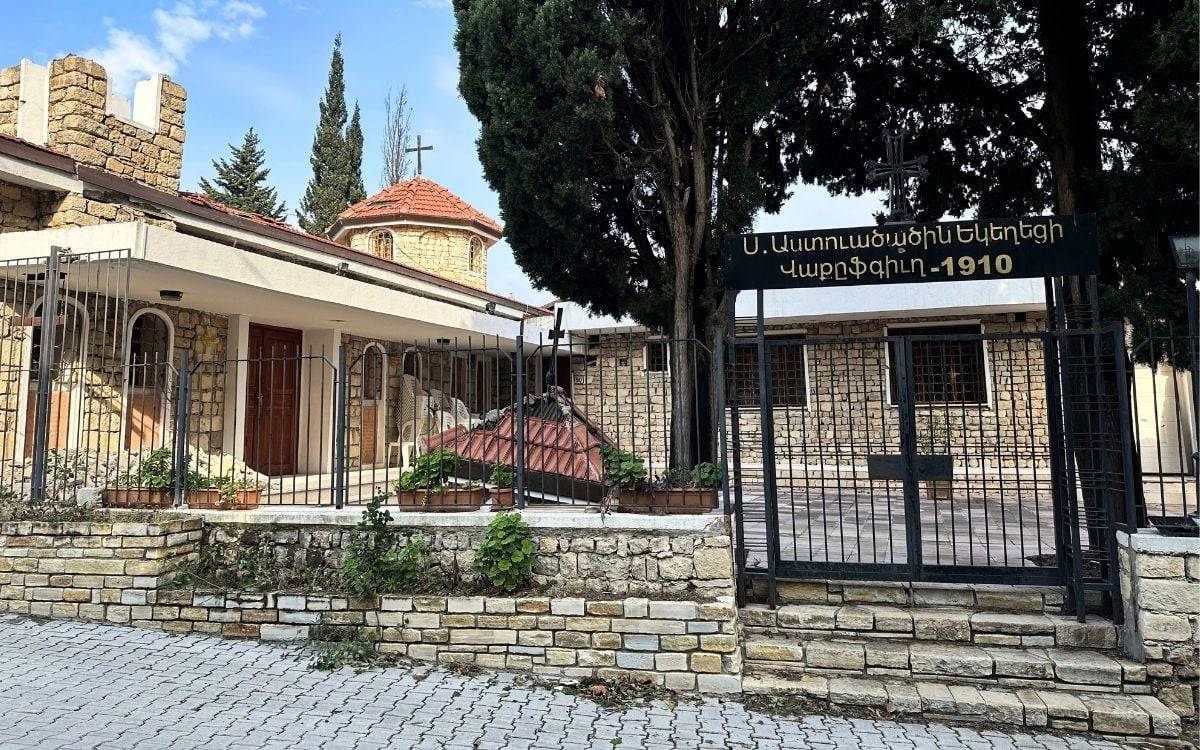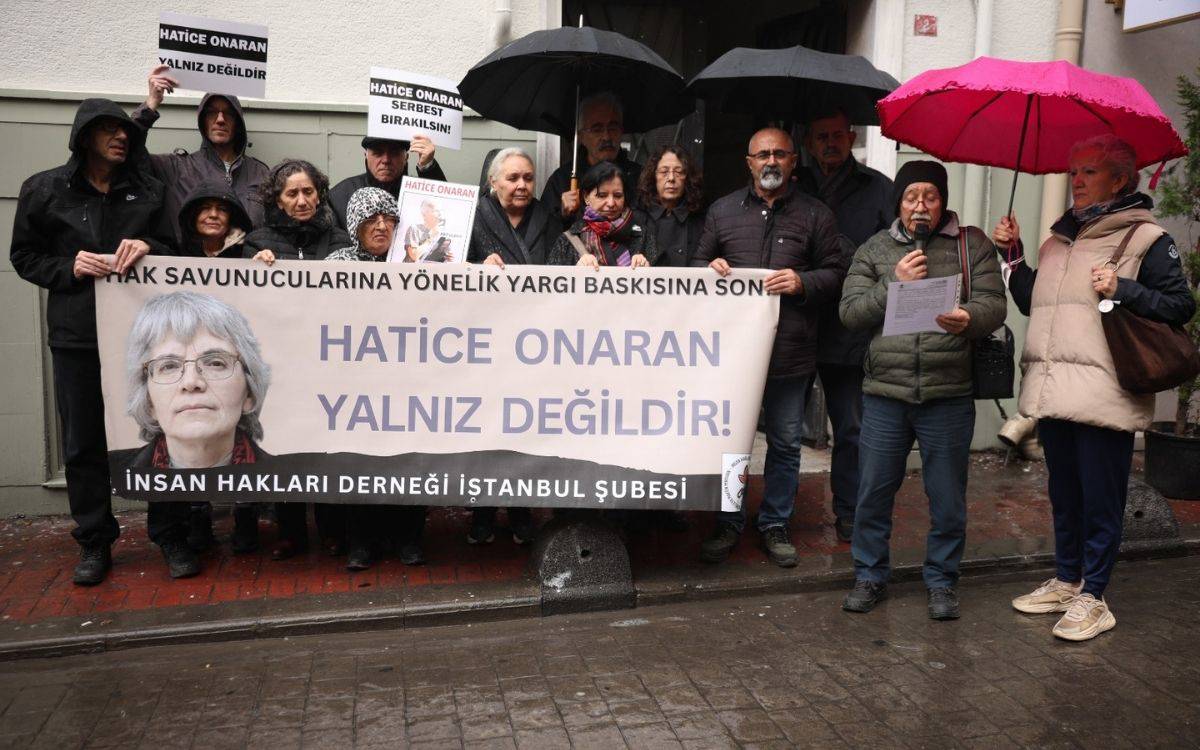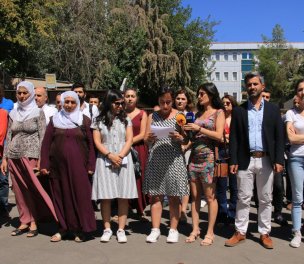The provinces of Latakia and Tartous, known as the “Sahel” in western Syria, and the rural areas of Hama and Homs have been witnessing ethnic cleansing attacks against Alawites since Mar 6.
These attacks, spearheaded by the security forces of the new government and its armed factions, have killed and injured thousands, destroyed families, looted homes and businesses, and displaced tens of thousands of people. However, the true toll of the attacks and the full extent of what has happened are still unknown.
According to a Mar 17 report by the London-based Syrian Observatory for Human Rights, a total of 1557 civilians were killed, including 795 in Latakia, 487 in Tartous, 262 in Hama and 13 in Homs. Local sources state that this number is much higher.
Sanubar, which means “pine tree” in Arabic, is an Alawite village located about 13 kilometers from Latakia city center. According to a 2021 report by Syria's official news agency SANA, Sanubar, with a population of 35,000, is described as a region “in the Latakia countryside, where the sea and the river meet in the shade of pine, eucalyptus and cypress forests”. Most of its inhabitants are engaged in agriculture.
But on March 7, the area was shadowed by gunfire; its people were killed, displaced and their homes looted. Zaynab*, a 32-year-old housewife, was hiding on the last floor of the building where she lived with her 5-year-old daughter and mother-in-law on the day of the massacre. Around the same time, gunmen stormed their home and executed her husband, father-in-law and two brothers-in-law.
Zaynab, who lost 11 members of her family in total, told bianet about what she witnessed in Sanubar and her struggle for survival in an online interview.

Massacre day in Sanubar: March 7
Can you introduce yourself?
My name is Zaynab. I am 32 years old. I am a housewife. I have a 5-year-old daughter. We live in Sanubar village. We were there during the massacre. My husband and his family are engaged in agriculture. Our village generally makes a living from agriculture.
What happened in your village?
On Friday morning, Mar 7, around 08.30, armed groups started to arrive in the village. They came in groups, one after the other. The first group was dressed in monochrome clothes close to the color of petrol. When we asked them who they were, they said, “We belong to the Ministry of Defense.”
When they entered our house, they were literally terrorizing us. They started shouting at us, shooting between the men's feet. “Give us the guns and the gold,” they shouted. “Take out everything you have,” they said. They ransacked the house and searched it. Then they asked us, “Are you Alevi or Sunni?”
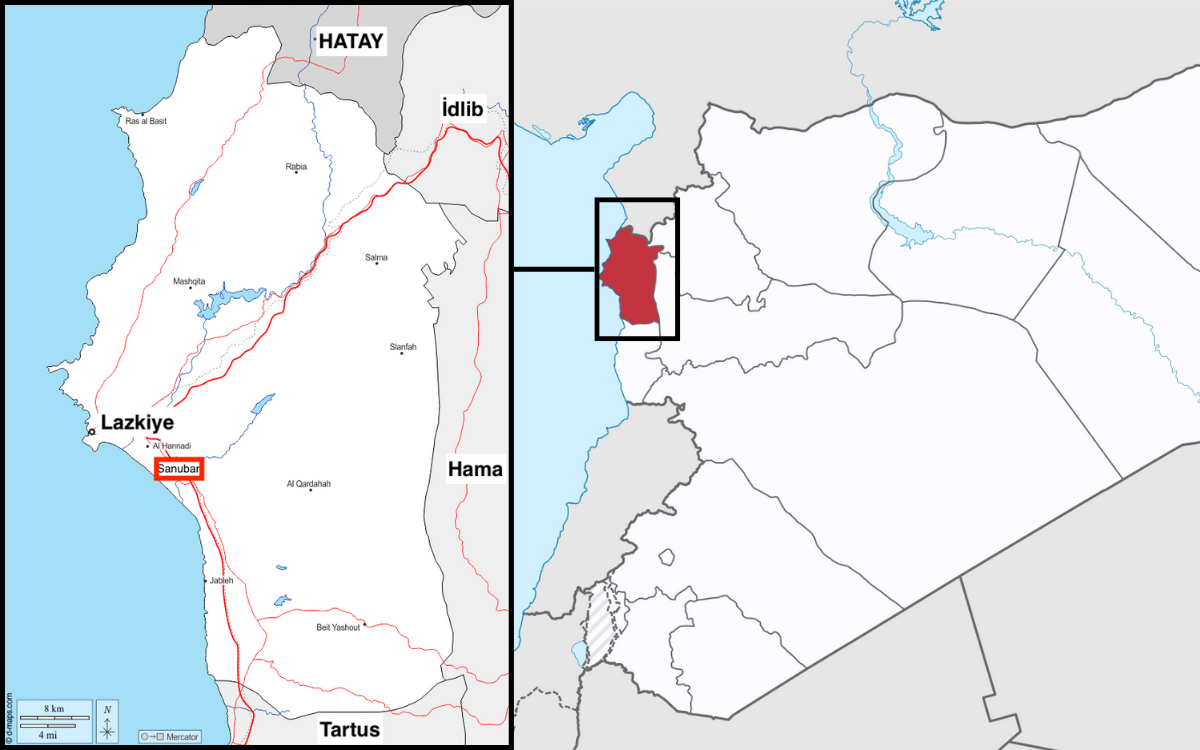
'We will kill all Alawites'
“Tell the people who come after us that they are from the Ministry of Defense,” the first group said before they finished their search and left. Shortly after, the second group arrived and asked the same question: “Are you Alevi or Sunni?” My father-in-law said, “We are Muslims” and gave the martyrdom. But they said, “We have orders from the top, we will kill all Alevis. We have nothing to do with Sunnis.”
The first group returned later. Their aim was to get money. They came again to get the money they couldn't find in the first search. Me, my mother-in-law and my little daughter were sitting in a room. We had closed the door. Someone from the group came and started threatening us.
'They put a gun to my daughter's head'
“Give me all your money, gold and weapons,” he shouted. “We don't have anything, you are already searching the house, take whatever you find,” I said.
When he heard this answer, the man put a gun to my daughter's head and said, “Either you take out everything you have now or I will kill your daughter in front of you.” “This is my only child, please don't do anything,” I cried. Eventually they left the room and continued searching the house. They took all the IDs, cell phones and our car.
The second group wore patterned military camouflage. The bottoms were beige and the tops were classic military patterns. We also know that there were calls for jihad in mosques. Among them were civilians from Idlib, we could understand this from their dialect.

'We are just farmers'
Until noon that day, new groups kept arriving in the village. Then a vehicle from the security forces arrived. They entered our house and asked what happened. My father-in-law said, “They attacked us, threatened us, turned our house upside down. We have nothing to do with weapons, we are just farmers,” he told them everything.
Later, we learned from our neighbors that on the same day, the security forces met the armed group that committed massacres in our village and greeted them. Then they left the village without doing anything.
There are those who say, “The security forces protected people,” but we saw the opposite. They knew that armed groups were committing massacres but did not intervene.
'Our blood ran cold at what we saw'
Was the process in which your husband, father-in-law and brothers-in-law were killed after that?
Yes. In the afternoon, around 2.15 pm, there was incredibly intense gunfire. The houses were being fired at random. We couldn't understand whether it was a bomb exploding or gunshots being fired.
My wife took us to the third floor of the building. This floor was under construction and he told us to hide here. A few minutes later we heard a unified voice shouting “Allahu Akbar”, followed by gunshots. We waited in silence and fear for 10-15 minutes.
When we went downstairs, our blood ran cold at the sight we saw. My father-in-law was lying on the floor, covered in blood. My husband and his siblings had been executed where they were sitting.
When my daughter saw this scene, she lost it and started hitting herself. I didn't know what to do. I was trying to calm him down and I was looking at my wife and her family in blood. We were in shock.
'Your men killed them, not us'
Did you meet the attackers in person? Did you have any contact with them?
We went outside. Just then a white car pulled up in front of the door. A few men got out of it. They entered the house, looked at the bodies and asked us, “Who killed them? Did you see them?”
There were so many groups that we didn't know exactly who the killers were, but I said, “Yes, I saw them,” because I had seen the previous groups. Then the man said to me, “Your men killed them, not us.” You know how they say “remnants of the regime”, he was referring to them. They were asking, “Do you have a camera inside the house?” But of course there wasn't. Even if there was, it wouldn't work because there was no electricity anyway.
But when I told him I saw the killers, he looked at me in horror. I was so scared that one of them was going to do something to me. Fortunately, they left without doing anything.

'The person who saved us was Sunni, he took a big risk'
What did you do afterwards?
A relative of ours asked a friend from Idlib to help him rescue us. He agreed and came quickly in his car.
He asked me, “Did you tell those men you saw who killed him?” I said, “Yes.” He said, “We need to get out of here quickly, these people are crazy. They will kill you too.”
We immediately covered our heads and hurried out of the house. The person who rescued us was Sunni and he took a big risk and saved us.
As we were leaving the village, we saw the roadside littered with dead bodies. Armed men were stepping on the bodies. There were snipers on the roofs of some houses. They were waiting to kill anyone who approached the bodies. That's why no one could get close to the bodies for three days.
'The bodies were buried in mass graves'
Did you find out what happened in the village after you left Sanubar?
After the fall of the regime, a group called “Fasil 400” (400th Union) settled in our village. They are an incredibly strict group. Most of them were Syrians, we could tell from their dialect which regions they were from. There were very few foreigners among them.
In the area of our house alone, 200 people I knew personally were killed. Some were shot, others were beheaded.
After we left the village, armed groups and their supporters buried the bodies of everyone who had been killed in mass graves.
They did not allow us to mourn or bury our bodies. They denied burying them in mass graves. But on the third day, we learned that they had collected all the bodies and buried them.
'We are saturated with blood, we don't want more blood'
Finally, do you have a message?
Eleven members of my husband's family were massacred. We don't feel safe. They even killed women. “They killed them so that Alevi men wouldn't give birth. When they went to my friend's house, they told him, “We left a lot of women widows behind.”
My sister's mother-in-law was an old woman who walked with a cane. They even killed her. They killed a 10-year-old boy in our village. What remnants of the regime are these?
The only thing we want is security. We especially want the group called “Fasil 400” to leave our village. We don't want any armed groups. We just want to live in security and peace. We are saturated with blood, we don't want any more blood. I want our children to stop dying, I want these massacres to end.
If they want the minorities to leave, let them open the doors and we will leave. If necessary, we will migrate, we will leave this land. But we don't want to be killed anymore. For 14 years, the Assad regime oppressed and frightened us; we could never speak out. “If we leave, they will kill you,” they said. And so it happened.
*The name of the witness has been changed for security reasons.
(VC/VK)








